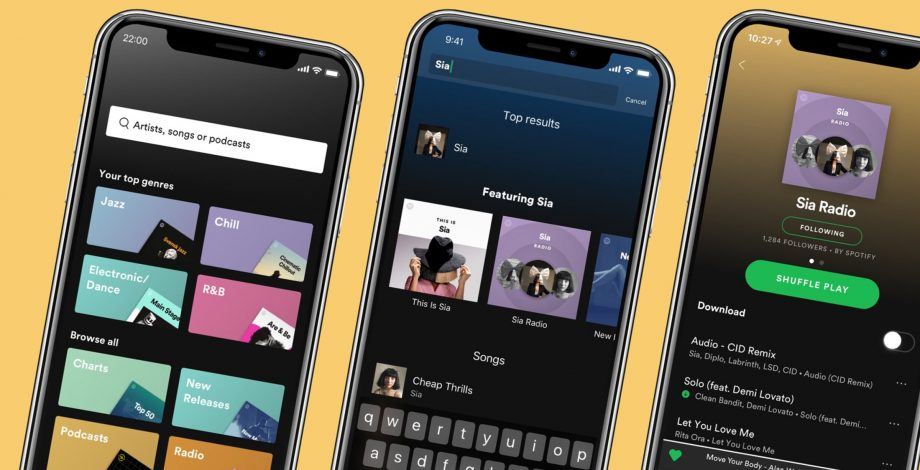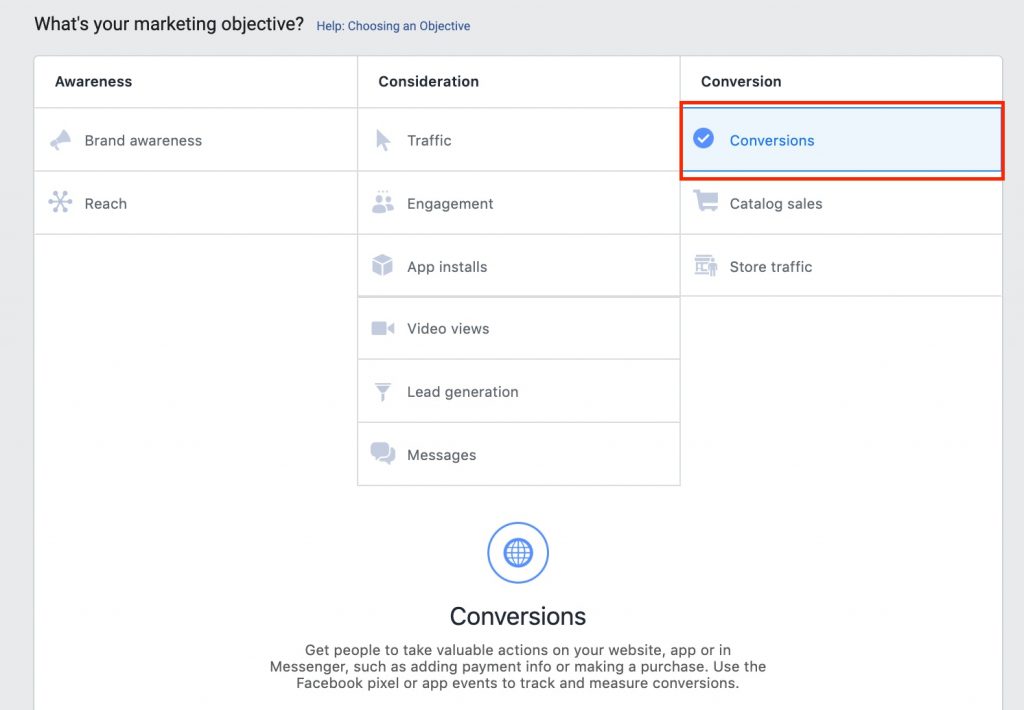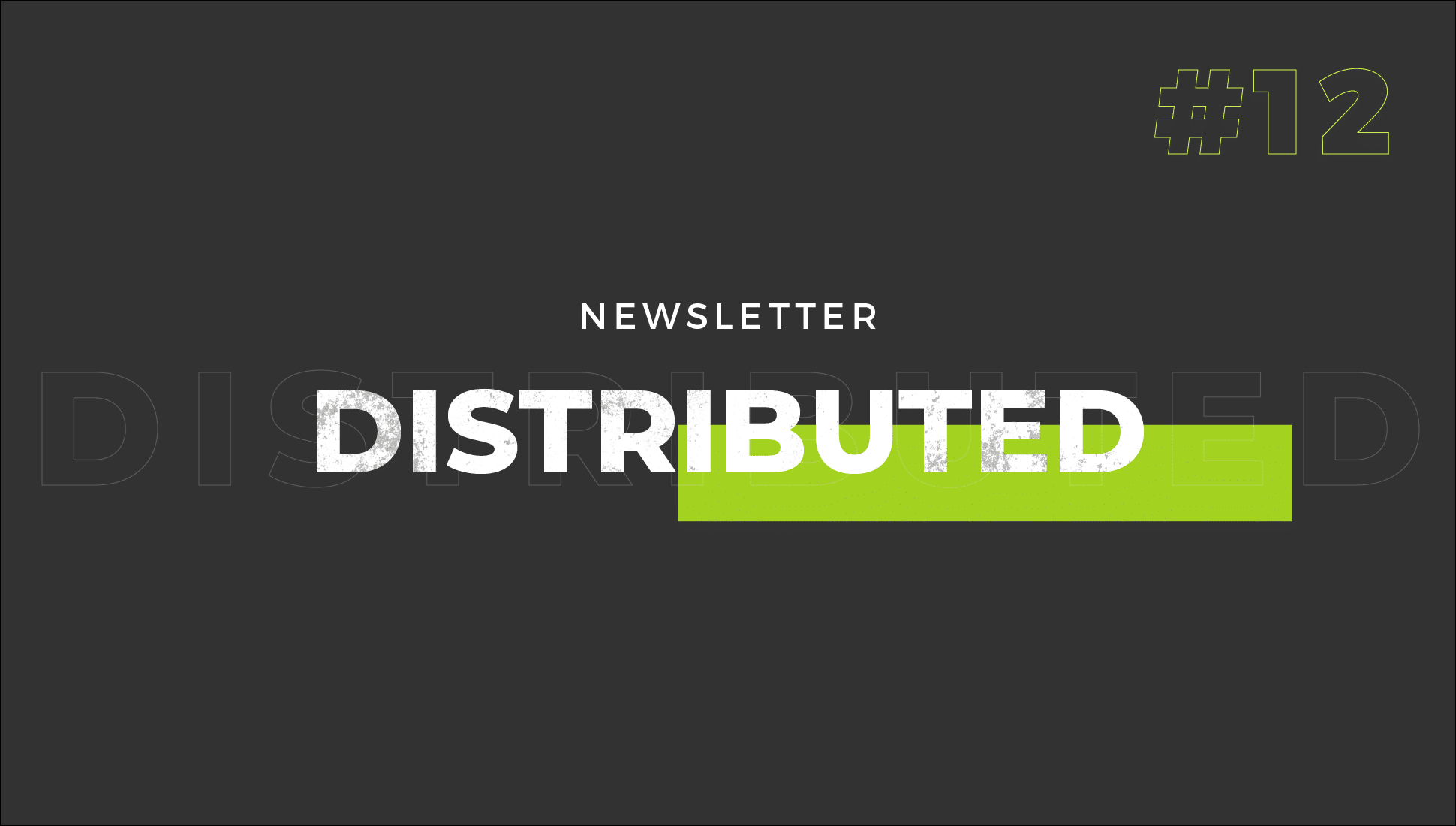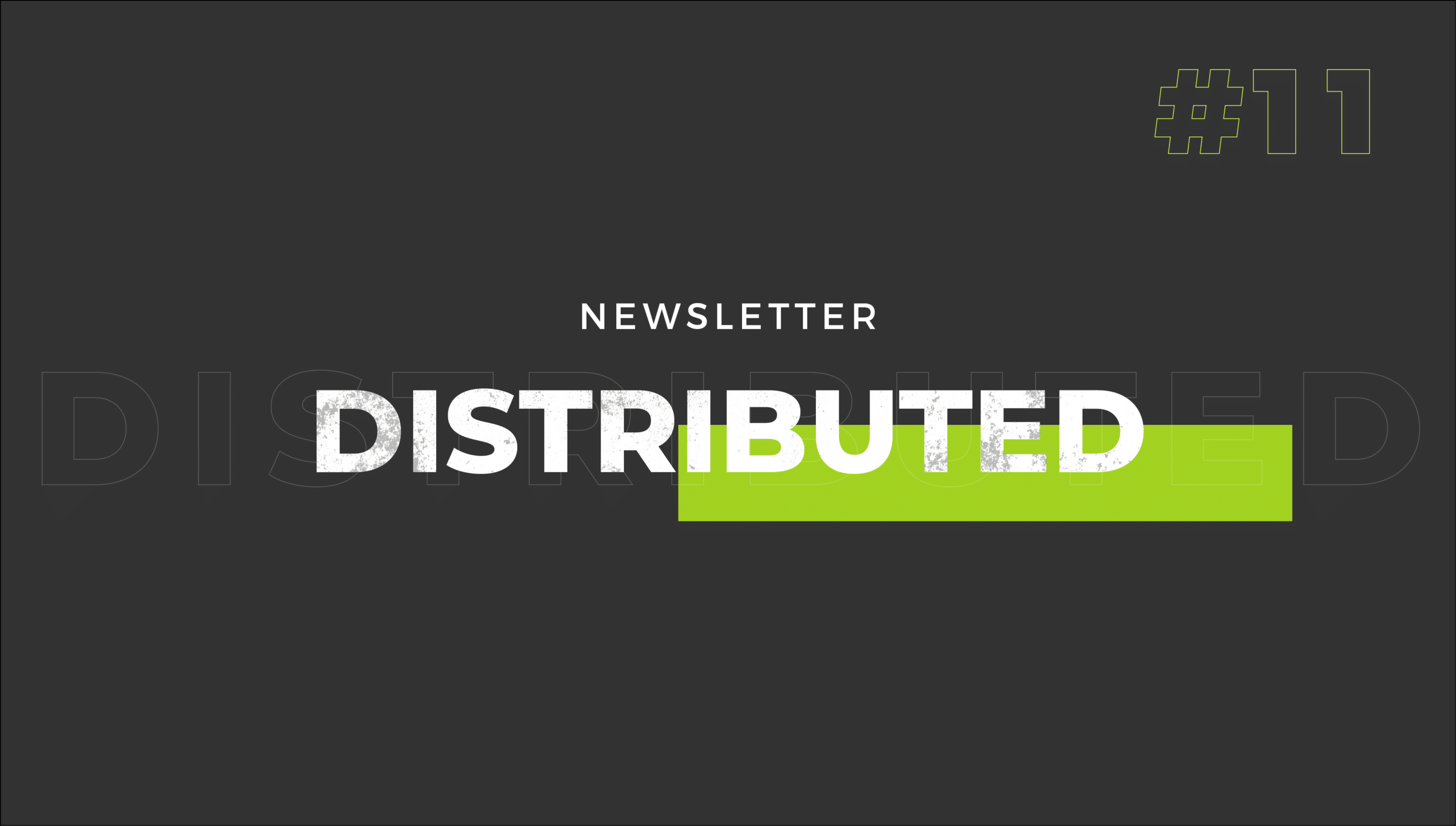Digital marketing can be a messy environment filled with constant change and complex systems. With buzzwords like “deep learning” and “big data” being thrown around at will, distinguishing different strategies can feel like navigating a never-ending labyrinth. And while marketing automation, personalized marketing, artificial intelligence, and machine learning are old news in the digital marketing space, how these tactics differ or when to use what approach can be unclear. Have no fear; I am here to provide clarification with a dive deep into these core digital marketing strategies.
Personalized Marketing
Personalized marketing is a method that utilizes consumer data to modify the user experience to address customers by name, present shoppers with tailored recommendations, and more. Mainly, this is targeted marketing at its most raw. Personalized marketing leverages consumer behavior to present buyers with customized offers, replacing the cookie-cutter mold of mass marketing.
Among all of these different types of personalization, website personalization is one of the most robust ways to tailor the customer journey to meet the needs of specific users.

Lately, Spotify has been refining their product with the end user in mind. For example, if the last three albums you listened to on Spotify involved indie rock, you probably wouldn’t be presented with the latest Kendrick Lamar album.
Spotify has built within their platform daily personalized playlists, daily artist suggestions, and weekly recommendations based on your listening preferences. Customers can even rate the tracks on these playlists based on whether they enjoyed them or not. While this might not directly convert a lead into a sale, it does build brand loyalty and it provides a strong user experience.
Another example of personalized marketing comes in the form of “abandoned cart” follow-up emails. Abandoned cart emails present online retailers with an opportunity to follow up with shoppers who have left items in their cart without completing their purchase. Since the purpose is to provide a simple reminder, the tone is typically friendly and conversational.
In this specific instance, TOMS does a great job of approaching abandoned cart emails with an urgent “purchase now” message with easy-to-read text, an attention-grabbing subject line, and a large CTA letting users know where to click. If you are looking for better performance from your email campaigns, there are multiple variables you might not be considering.
Fun fact: Machine learning can be used in personalized marketing. Segmentation & targeting of a database allows marketers to identify the different lead segments such as high-value customers, locations, and channels. Segmentation can run on its own without machine learning, but when they’re combined, they’re much more effective. This allows marketers to send contextual and personalized information to leads based on their interests, channel usage, and more.
Marketing Automation
Marketing automation is tech that automatically manages multiple marketing campaigns across several channels. Marketing automation helps with lead gen, segmentation, lead nurturing, lead scoring, customer retention, and more. If done correctly, it can cause an increase in performance while properly segmenting your database so that you’re reaching the users most likely to become sales.
One example of marketing automation involves using a chatbot. Chatbots are a unique resource that can be used to qualify your website visitors. Through a chatbot, you can quickly discover what stage of the buyer’s journey a user is navigating by tracking and analyzing the questions users ask. This allows sales teams to receive the most qualified, sales-ready leads possible.
What Is the Difference Between AI & Machine Learning?
In broad terms, AI is the evolution of computer systems able to perform tasks that usually require human intelligence. In marketing, it is the automation of collecting and understanding customer data before using it to inform decision-making by way of an algorithm or machine learning process designed to increase productivity or ROI. In other words, AI is used to anticipate your customer’s next move and improve the customer journey.
Now I know what you are thinking: “okay, machine learning works in AI? So what’s machine learning?”
Machine learning is a smaller branch of AI and is centered around the idea that technological systems can learn from data by using it to recognize patterns and develop conclusions. It is a human-free process that uses collected data to generate an algorithm, test that algorithm, gather feedback, and apply learnings. Machine learning allows for accurate targeting and the gathering of insights that enable increased marketing efficiency.
The main difference with machine learning is that its goal is to understand the structure of the data and allow us as humans to understand it as well. Machine learning has grown so that even if we do not have an idea of what that data structure looks like, it will find it.
AI and Machine Learning in Marketing
Thanks to Google, Facebook, and more, we have access to more data that we did even five years ago. AI and machine learning can actually analyze users’ online behavior and help marketers find key areas where we should focus our efforts.
Use Big Data to Know Your Customers
Did you know that nearly two-thirds of customers use multiple devices before they become a sale? That data point reveals the major challenge of determining who your audience is.
Before you can start a conversation with your audience, you need to know who they are. But that conversation needs to start before they fill out a form and hand over data like their name, phone number, or email. Thankfully, AI can help with that, using something called “fuzzy matching.”
Your audience’s identity, after all, doesn’t just include the things they’d enter in a form—it can span into browsing behavior, the content they view, the pages they visit, and more. AI can take that information and, using a smart algorithm, “fuzzy match” it to your audience.
For example, a person who has visited a website on multiple devices from the same local internet can be identified by letting AI work its magic. Within a certain degree of confidence for the match, this user’s identity can be linked to the devices he or she uses. With AI solutions, marketers know exactly what users are doing on their websites and ads in real-time.
Be smart with your ads
With new data available, paid digital ads & campaigns can become smarter and more effective. AI and machine learning can use big data and algorithms to dive into keyword queries, social media profiles, and other online data to develop better insights for your team.
Ad efficiency is crucial for any digital marketer using ad spend to promote their organization. Thankfully, ad platforms like Facebook Ads Manager and Google AdWords utilize machine learning and AI to improve the efficiency of your ads.
For example, Facebook’s Ads Manager allows you to set goals to optimize your ad delivery ahead of your campaign launch. From conversions to reach, these goals will chart the course for ad delivery. Instead of just optimizing your ads to reach users who may or may not convert, Facebook can help you deliver ads to users it deems likely to click on your ads, thereby reducing your cost per click.
Another example of machine learning and AI in paid media is the Google Ads bid strategies that are focused on an effective cost per click. Machine learning tools analyze ad performance, make alterations to placement, and give recommendations designed to improve performance.
Machine learning isn’t magic—for example, it can’t help an ad that’s performing poorly because it contains lackluster design or copy. You need collaboration between creative and digital professionals who share a vision along with performance goals. But it can help ads that are performing poorly because of circumstances like placement.
Machine learning can also be used in content marketing, by helping digital marketers reveal trends and produce actionable insights.
One resource that can do just that is HubSpot’s Content Strategy Tool. It provides topic suggestions based on relevance, competition, and popularity, along with SEO optimization tips and much more. In addition, the tool analyzes what is out in the marketplace right now, what is trending, and what you need to do to alter your marketing efforts to be a strong contender in your industry.
It’s All Connected
All of these digital marketing systems overlap and impact each other in different ways. Machine learning and AI as a whole are being implemented more and more in every industry to help supplement marketing processes that were once difficult and time-consuming. Stay above the craziness of marketing buzzwords and keep discovering which system can bring positive ROI for your organization.








